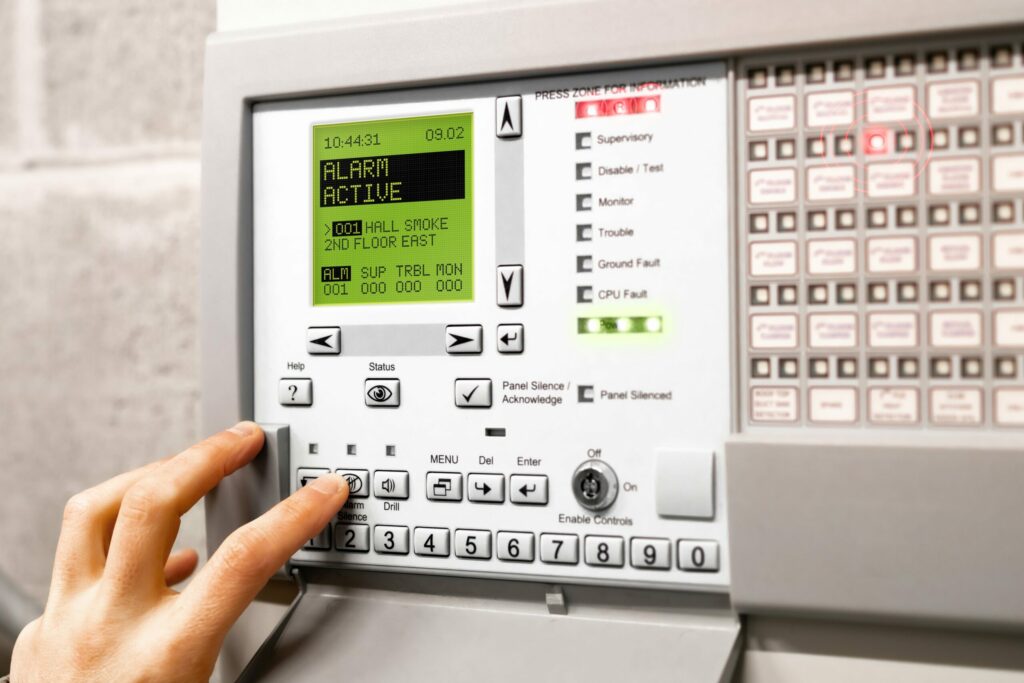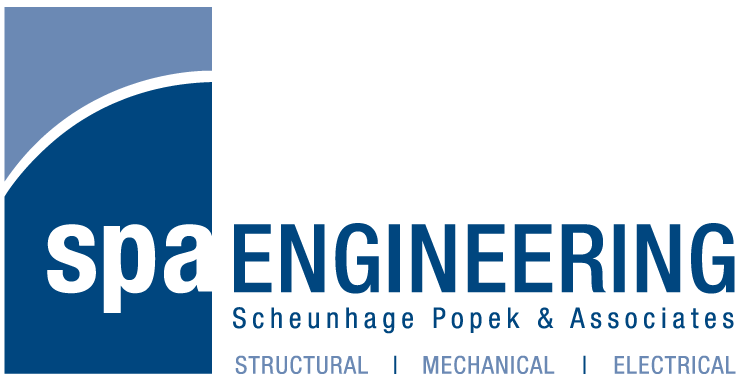Integrated Systems Testing (IST)
Integrated Systems Testing
When fire protection and life safety systems are integrated with each other, the National Building Code – 2019 Alberta Edition (NBC(AE)) and National Fire Code – 2019 Alberta Edition (NFC(AE)) require IST in accordance with the CAN/ULC-S1001 “Integrated Systems Testing of Fire Protection and Life Safety Systems” standard.
SPA Engineering’s team of skilled engineers and technicians brings extensive experience in integrated systems testing. They employ advanced testing methodologies and tools to deliver reliable and accurate results. Their commitment to quality and client satisfaction ensures that every project meets the highest standards of performance and efficiency.
Overall, SPA Engineering’s integrated systems testing services are designed to provide peace of mind by ensuring that all building systems function as intended, delivering optimal performance and reliability.
SPA Engineering offers comprehensive integrated systems testing services, ensuring that all building systems work harmoniously together. These services are crucial for verifying that various mechanical, electrical, plumbing, and structural components function correctly and efficiently as a unified system. Below is an outline of their integrated systems testing services:
Integrated Systems Testing Services:
Pre-Testing Assessment:
- Detailed analysis of design documents and specifications.
- Identification of potential integration issues and risk areas.
- Development of a tailored testing plan based on project requirements.
Functional Performance Testing:
- Verification of the operational performance of individual systems (HVAC, electrical, plumbing, etc.).
- Testing of system controls and automation to ensure proper response and functionality.
- Calibration of systems to meet design specifications and performance criteria.
System Interoperability Testing:
- Evaluation of how different systems interact and function together.
- Detection of any conflicts or malfunctions arising from system integration.
- Adjustment and fine-tuning to optimize overall system performance..
Commissioning:
- Comprehensive testing and validation of all building systems prior to occupancy.
- Documentation of test results and certification of system performance.
Reporting and Documentation:
- Detailed reports documenting all testing procedures, findings, and corrective actions.
- Maintenance of thorough records for future reference and compliance audits.
- Provision of actionable insights for system improvement and optimization.



